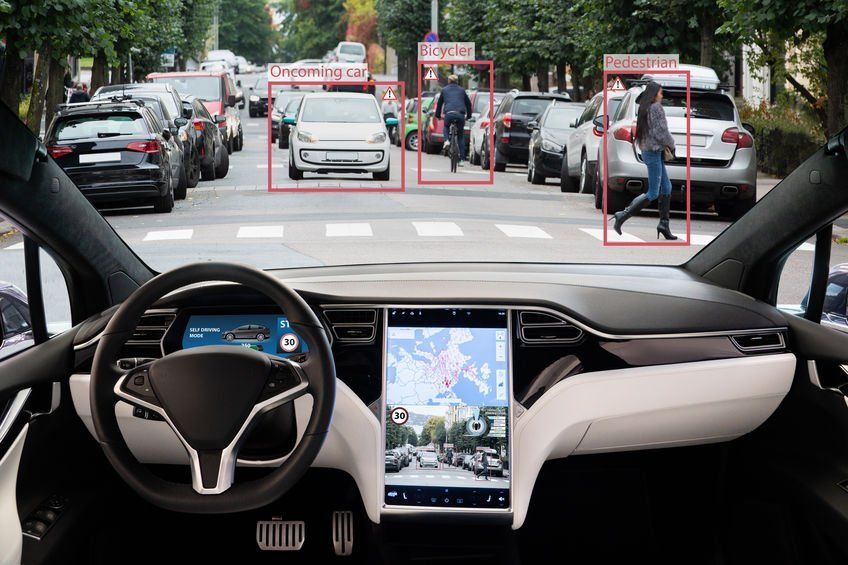Pros and Cons of Driverless Cars
As humans, we’re always trying to make our lives easier, whether that’s by inventing machines to take over labor-intensive jobs or by creating applications to help us get work done faster. Technology is advancing exponentially faster the longer time goes on, and one of the biggest technological advancements we’ve seen as a result of this is driverless cars.
Unfortunately, there are many safety concerns associated with driverless cars which have the potential to cause legal issues in the event of an accident. That being said, they aren’t exactly widespread yet. So even though there’s no doubt driverless cars will be a prominent part of our future, for now, we can only speculate on their pros and cons, and how they could affect our daily lives.
Advantages of Driverless Cars
There are millions of car accidents each year in the United States and, according to the National Highway Traffic Safety Administration, the vast majority of them are caused by human error. While it’s unrealistic to think a self-driving car would be perfect, the hope is they would help reduce instances of accidents caused by human error.
Some additional pros self-driving cars may offer include:
- Reducing the amount of money spent on insurance and healthcare costs by reducing the frequency of car accidents
- Providing a more efficient way for those with disabilities to get around
- Protecting a driver by pulling over and stopping the car in the event they suffer a medical emergency while driving manually
- Saving time by improving the flow of traffic and allowing passengers to get things done while traveling
- Reducing things like traffic jams, commute times, congestion, and gas usage
- Cutting down on the amount of traffic stops police need to make and allowing them to focus on other crimes
- Saving thousands of lives by preventing DWIs
Disadvantages of Driverless Cars
The biggest con associated with driverless cars is that they would cause many people to lose their jobs. Not only would cab companies and rideshares disappear over time, but trucking companies would no longer need to hire drivers to transport goods.
Improved driving would mean police departments would need fewer officers to handle things like traffic and speeding tickets. Finally, since it’s expected that most driverless cars will rely solely on electricity for power, the fossil fuel industry will eventually fizzle out.
Along with lost jobs, there are several other cons of self-driving cars:
- Drivers may need to attend special training classes to learn how to operate their autonomous vehicle safely
- Vehicles would depend more on GPS for direction and, unfortunately, GPS isn’t 100 percent accurate
- Driverless cars will cost substantially more than we’re used to
- Within a few decades, people will no longer be able to drive a non-autonomous vehicle
- Their dependence on computers may mean autonomous cars are more prone to hackers and other cyber threats
- It may take some time for driverless vehicles to handle inclement weather well enough to make them safer than manual vehicles
- Widespread adoption would be necessary before there was any substantial reduction in injuries and deaths associated with traffic accidents
- Determining fault in an accident would be more difficult, as it may not be clear whether the accident was caused by a vehicle passenger, the manufacturer, or a mechanical failure
While there are some partially autonomous vehicles on the market right now, we don’t have anything that’s fully autonomous just yet. However, pros and cons aside, it’s likely it won’t be long until driverless cars are more commonplace.
In the meantime, if you’re involved in a traffic accident, are charged with a DWI, or need legal assistance with any other kind of traffic violation, the team at Mulligan Attorneys is here to help. Get in touch with us today or give us a call at 910-763-1100 to schedule a free consultation.




